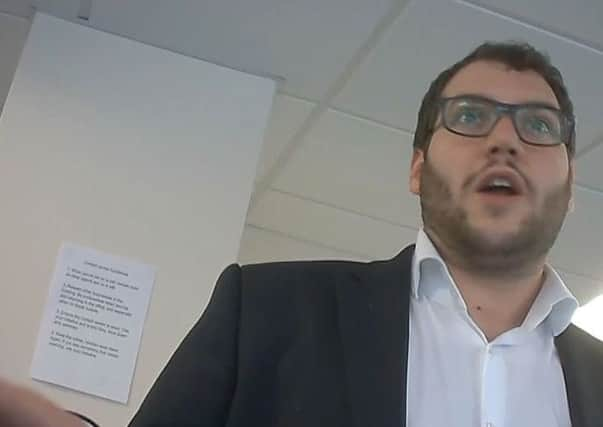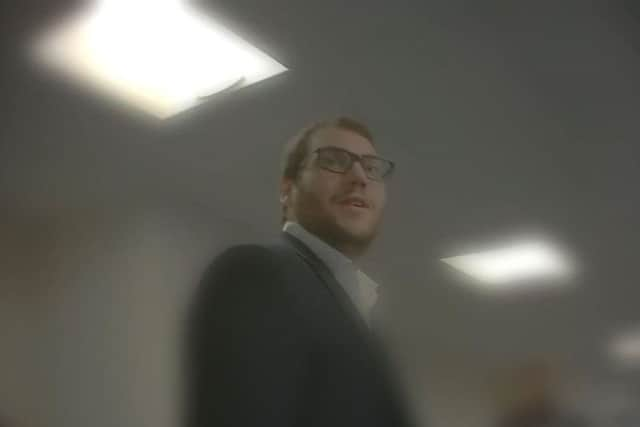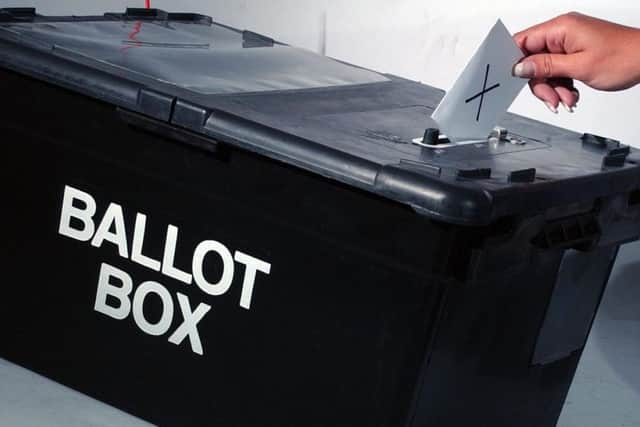Conservative party call centre '˜may have broken election law'


An undercover investigation claims that data protection and election laws may have been broken by the party.
As part of the campaign the Conservatives enlisted the help of a market research firm to make thousands of cold calls to voters in marginal seats in the build up to polling day.


Advertisement
Hide AdAdvertisement
Hide AdDetails of the script used by employees suggest that the calls appeared to canvass for support rather than conduct market research.
It is claimed by the investigation that call centre employees contacted voters to promote individual candidates, which may be a breach of electoral law.
The call centre, which operated in south Wales, could be in breach of ‘direct marketing’ which is regulated by law.
According to the Channel 4 investigating. on election day, voters were told by call centre workers that “the election result in your marginal constituency is going to be very close between Theresa May’s Conservatives and Jeremy Corbyn’s Labour party”.


A copy of the script used then asked: “So does knowing that you live in a marginal constituency that will determine who is prime minister for the Brexit negotiations, does that make you a lot more likely to vote for Theresa May’s Conservative candidate or a little more likely to vote for Theresa May’s Conservative candidate, or are you still unsure, or does it not make a difference?”
At the start of the election campaign, Elizabeth Denham, the information commissioner contacted all parties to remind them that direct marketing was controlled by the law.
The party has denied that it broke electoral law.


A Conservative party spokesman said: “Political parties of all colours pay for market research and direct marketing calls.
“All the scripts supplied by the party for these calls are compliant with data protection and information law”.
Advertisement
Hide AdAdvertisement
Hide AdA spokesman for the Information Commissioner’s Office said it would take action against any party which had not “followed the law”.
“We will be asking the Conservative Party about the marketing campaigns conducted from this call centre,” he said.
